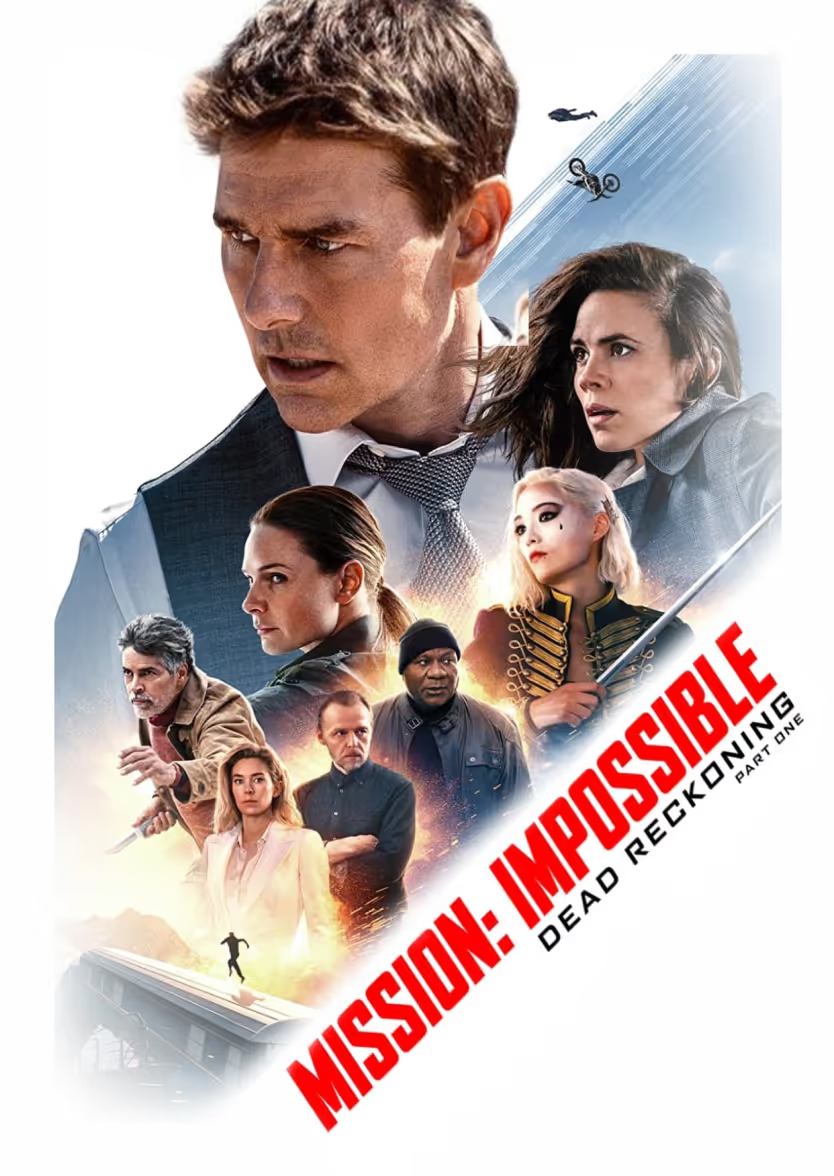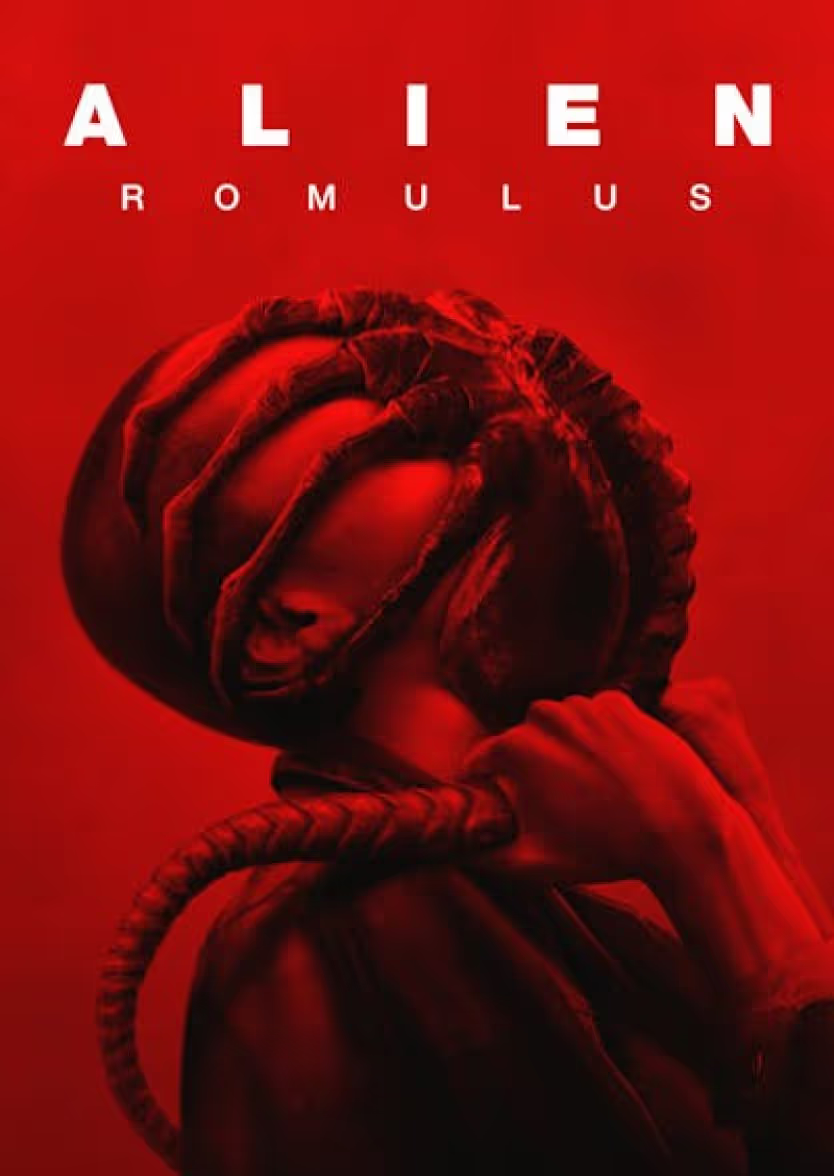Obsession is a part of being human. It’s inescapable. Be it at work or in our personal lives, it’s not uncommon to develop strong (and sometimes unhealthy) feelings that speak to something happening at a very profound and visceral level. The intensity that fuels that emotional state (and the dedication and passion that comes with it) is ripe for compelling stories and even more entertaining movies. After all, we’re talking about a medium populated by artists with obsessive personalities that control every inch of the worlds they create. And so, it’s only natural that the theme of obsession itself has become such a cinematic staple throughout the decades.
Generally speaking, when we think about obsession in movies, a natural inclination would be to think about stalkers. Films like the Michael Douglas and Glenn Close vehicle, Fatal Attraction (1987), Single White Female (1991, starring Jennifer Jason Leigh and Bridget Fonda), or Fear (1996, with Mark Wahlberg and Reese Witherspoon) may come to mind. And it's perfectly normal considering they’re so deeply ingrained in pop culture. But obsession in movies comes in many forms and many genres. So let’s take a look at five films that illustrate different facets of obsession in cinema and what makes them so appealing.
VERTIGO (1958) — Obsession as "Love’"
Hailed as the greatest film of all time by the prestigious Sight & Sound Magazine, Alfred Hitchcock’s Vertigo is a sobering and haunting exploration of obsession through the guise of love. The film follows the story of a former San Francisco detective, Scottie Ferguson, who’s forced into early retirement after an incident on the job caused him to develop an extreme fear of heights and vertigo. When he’s hired by Gavin Elster, an old friend, as a P.I. to follow Gavin’s wife—a stunning woman named Madeleine—Scottie becomes obsessed with her.
Vertigo (the condition) is characterized by the inability to maintain balance, perception, and focus. This is true for Scottie, both literally and metaphorically. After leaving the force, Scottie struggled with his identity and purpose in life, unsure of what to do and where to go. This is to say, he lost perception when it comes to his existential point-of-view. And so, Madeleine becomes his new focus, one that quickly grows into unhealthy desire. Scottie’s obsession with Madeleine then starts manifesting as its own form of vertigo, in which his fixation makes him so dizzy that it leads him to lose sight of reality. The misery in his mind leads to the film's horror. Scottie's confusion is further emphasized by the inclusion of mirrors (suggesting multiple gazes of the same situation), a ‘death’ (finality and rebirth), and a mystery at the core of the plot (deconstruction of what’s happening).
Vertigo is one of Hitchcock’s most personal films, a psycho-dramatic tale of obsession, and an exploration of our innermost demons. Every scene is impressive, be it because of Hitchcock’s detailed blocking, the hypnotic use of color, and Jimmy Stewart’s flawless performance. Even by today’s standards, it’s a truly original vision.
SOUL (2020) — Obsession as "Meaning of Life"
In Kemp Powers and Pete Doctor’s profound Soul, Joe Gardner, a middle-aged jazz musician who’s disenchanted with life, dies quite unexpectedly and is sent to a metaphysical realm called The Great Beyond. While there, Joe becomes convinced that without finding success in music, his life will have amounted to nothing. Through a series of misadventures, Joe ends up teaming with a soul named 22, and they land in Manhattan, where the latter starts collecting items from everyday life: a bagel, a subway card, a pizza crust. Without knowing it, 22 is challenging the very nature of what Joe thinks makes life worth living. In this case, his art, which is his life-long passion and obsession.
What Soul does so well is that it shows how people tend to lose themselves too deeply in catatonic and spellbound states of mind, in the process neglecting the beauty of life around them. The film materializes those who crossed into the dark side as ‘Lost Souls,’ monstrous figures who roam the metaphysical world without rhyme or reason. The point is simple: a personal obsession—even a passion or a calling—can’t replace the feeling of fulfillment that comes from shared experiences. More than riding the flow, Doctor and Powers remind us that it’s not worth losing ourselves in our passions. The mundane objects 22 collects throughout the film end up serving as a metaphor to what makes life worth living: the beauty in the spontaneity of life.
BLACK SWAN (2010) — Obsession as ‘Perfection’
In less capable hands, the spellbinding and often disturbing Black Swan could’ve easily veered into cheap, exploitative territory. But with Darren Aronofsky’s sturdy grip, the story of a talented dancer stuck in a state of arrested development becomes a powerful cinematic experience. The plot revolves around a production of Tchaikovsky’s infamous Swan Lake ballet and the battle between two ballerinas for the main part, a complex role that demands different character traits. Nina (Natalie Portman) embodies innocence and fragility, while Lily (Mila Kunis) possesses darkness and sensuality.
Nina’s story takes a dangerous turn as she starts to become utterly consumed by the ballet, the part, and her rivalry with Lily. What we witness, though, is a literalization of an internal state of obsession, one that arises from the intersection of art and perfectionism, two concepts often in conflict with each other. Nina herself is aware of this in some way, as at one point she says, “I just want to be perfect.” The play’s director further sheds light on the issue, telling Nina, “Every time you dance I see you obsess, getting each and every move perfectly right.”
Nina believes that achieving perfection is something within her realm of possibility, which ends up being her downfall. After all, there’s always room for improvement. And in this quest for perfection lies the tragedy of Nina’s life. As Christopher Lindsay put it, “Passionate people can pursue an interest with intensity, but they have an identity apart from their passion. In contrast, obsessed people find their sole identity in the object of their obsession. They feel incomplete until they achieve their dream.”
MY BEST FRIEND’S WEDDING (1997) — Obsession as ‘Anxiety’
In this anti-rom-com sold as a classic rom-com, Julia Roberts plays Julianne Potter, a single and celebrated food critic who gets the unexpected news that Michael O’Neal, her long-time friend, will get married in just four days. The wrinkle here is that Julianne and Michael had made a pact years earlier: if they were both unattached by 28, they would marry each other. Julianne, who has always been smitten with this perfect guy, suddenly sees her ‘insurance policy’ disappear, which leads her to spiral out of control and sabotage Michael’s recent engagement.
My Best Friend’s Wedding plays with the genre's conventions—namely the idea that “love conquers all”—by making the usual rom-com villain the protagonist of the movie, in the process putting the viewer in an uncomfortable position. Suddenly, we find ourselves rooting for someone with bad intentions. This becomes more and more challenging as Julianne’s actions grow more ruthless. At one point, she even drafts an email intended to get her crush fired, which she hopes to blame on his fiancée (fortunately, her plan fails). In the meantime, the moral center of the film is Julianne’s best friend, George, who insists she should be honest and tell Michael how she really feels. Instead, she chooses to continue lying right up until the day of Michael’s wedding. In modern parlance, this is what we call toxic behavior.
However, this doesn’t mean that the film condones Julianne’s obsessive behavior. Quite the contrary. Despite the sugary exterior, My Best Friend’s Wedding is a film about how difficult it can be to just exist… to be human. What’s truly at play here is Julianne’s anxiety and dread of suddenly losing her status quo, which also puts her in a position of having to reevaluate her life and what she really wants from it. Except, it’s easier to try to ruin someone else’s happiness instead of dealing with the fact that she’s profoundly lost.
Still, despite the existential undertones, My Best Friend’s Wedding still has all the hallmarks of a great rom-com, including an absolutely delightful musical number, a rousing ‘choose me’ speech, and a truly charming and uplifting finale.
PERFECT BLUE (1997) — Obsession as ‘Identity’
Intricate plotting, inventive filmmaking, and striking imagery make Satoshi Kon’s directorial debut, Perfect Blue, a mesmerizing piece of high-art animation. The film plays like a grounded psychological thriller and then uses animation to push the limits of what is real and what is a projection of an obsessive mind.
When Japanese pop idol Mima retires from music to pursue a career in acting, she becomes the victim of stalking by an unknown psychopath. At the same time, gruesome murders start happening around her. Quickly, Mima starts to lose her grip on reality, a product of her alienation and leaving behind a world she knows so well to risk it all for a career she knows nothing about. At its core, Perfect Blue is about perception, both in the way we see ourselves and how others see us, as well as the tension that exists when both perceptions are in conflict. The result is an acute identity crisis, which leads to the necessity for reinvention.
What’s so endlessly fascinating about Perfect Blue is that there’s a duality between the stalker and the pop idol being stalked, both trying to cope with the shattering of the status quo and adjusting to what lies ahead. The film’s take on toxic fandom isn’t subtextual by any means, but it still carries a punch and was very ahead of its time. The film is also cryptic in nature and offers multiple readings, but regardless of interpretation, there’s an undeniable conclusion: obsession leads to destruction, sometimes of the self, sometimes of the other, sometimes of both.
It’s worth noting that Perfect Blue has had a huge impact on modern storytelling, having greatly influenced filmmakers like Darren Aronofsky and Christopher Nolan. This has a lot to do with how Kon presents information: just the bare minimum and through skillful editing and time jumps. These elements instigate a gripping watch and are perfectly complementary to the themes of identity and obsession present in the movie, as they mirror the chaotic nature of a mind in crisis.
Create together remotely, in real time
















.avif)









.avif)


.avif)